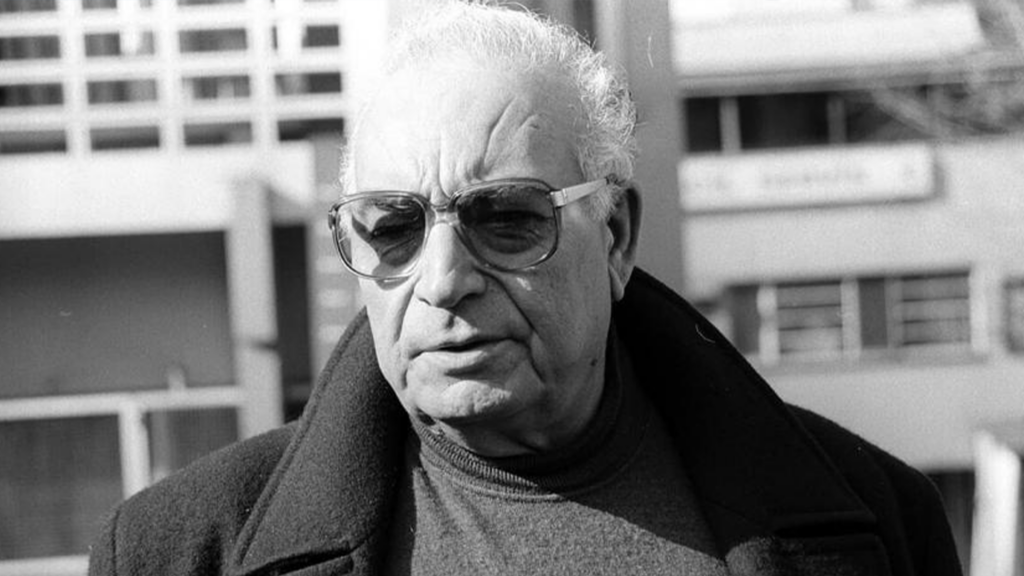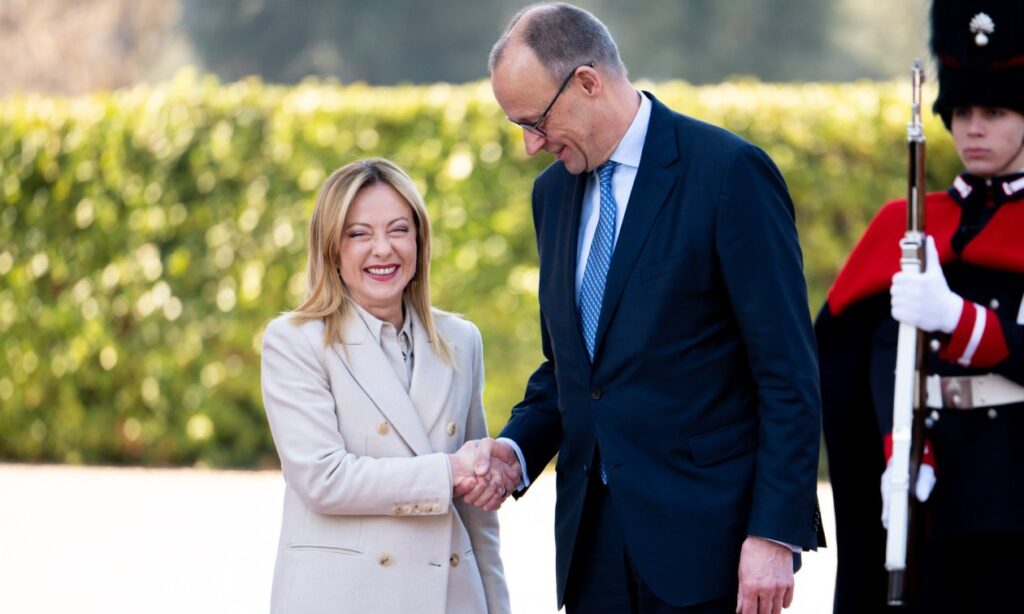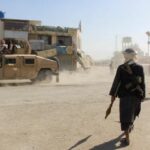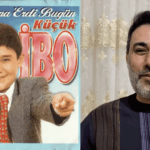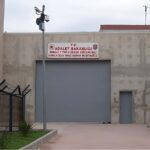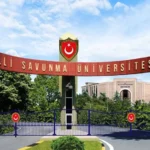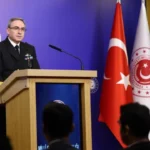Oral Çalışlar
The Turkish original of this article was published as Seçmen krize el koydu on 2nd November 2015.
Turkey has opted for the AKP. If, after thirteen years in power, a party gets the votes of half of society, if it is still capable of doing that, it has to be a very clear-cut public preference that is facing us.
1. The electorate has put a stop to all the uncertainty. Davutoğlu and his colleagues asked for a mandate to “govern by themselves,” and civil society said “yes” to it. At the end of the day, the AK Party’s thirteen years in office were validated by the people to continue governing until the end of the present decade.
2. The electorate has also reined in the two most radical and stubborn wings of politics. The MHP’s and of course Mr Bahçeli’s line of saying “no” to everything in order to persist in blocking all efforts at resolution failed to get a passing grade. The MHP is now the smallest parti in the National Assembly. It is an utterly unambiguous failure on Bahçeli’s part, and I suspect it will continue to be intensely debated within the party.
3. The HDP could not extricate itself from the PKK’s escalating spiral of violence. Obviously, its hostility to the AKP, which had been its partner in the Solution Process, did not meet with the approval of a section of the Kurdish electorate. It appears that the HDP’s mass support is contingent on its remaining part of that Solution Process. The PKK attempted to turn the HDP’s very high voting percentages (especially in the Southeast) to its own use in pursuit of “self-government.” More than any others it was the Kurdish people of the region who over the last few months ended up shouldering the cost. Of course the Kurds are not going to renege on their identity politics. At the same time, by retrieving some of their votes they are serving serious notice on the HDP for not abiding by their desire for a solution and a negotiated peace.
4. We are coming to the end of the rhetoric of instability and uncertainty launched in the aftermath of the 7th June elections. Turkey is going to be taken through the times ahead by the AK Party and President Erdoğan. Sociologists would do well to start working on this new period with this basic premiss in mind.
5. Through this outcome, it is as if Turkey has declared that she expects solutions to all her current problems. Now it is the turn of Davutoğlu and his team. Each and every success also implies an increase in the responsibilities, the burdens and the risks involved. Hence the beginning of a crucial period especially for Mr Davutoğlu. A lot will depend on his ability to maintain his cool and his realism into the future.
6. I believe that given this outcome, the Solution Process is now capable of being taken out of the deep freeze. The HDP will also be undertaking its own reading of the election results. There will have to be a reckoning with the past policy of crisis-mongering and destabilization, or with their failure to demarcate themselves from violence.
7. With regard to the Syrian crisis and foreign policy in general, the new Davutoğlu government will feel its hand considerably reinforced by the election results. Regional problems keep growing heavier and more complicated by the day. A strong and balanced government is likely to provide Turkey with greater maneouvering room. Of course, each and every country will be reading the new Turkish picture its own way. Right now it is too early to be embarking on long-term analyses and forecasts. Over the coming weeks and months, we should be better placed to assess the changing balances of power.
8. It is high time for a new constitution. From now on, the conditions for a new constitution that will reflect what the people want, to be legislated in a democratic environment, are likely to improve with each passing day. We should all expect to be involved in such debates in the near future.
9. Kurds and faithful Muslims constitute a significant potential at the heart of Turkey’s desire for change. The 7th June elections, however, had driven a wedge of discord between them. From this perspective, the 1st November outcome may be seen as a declaration of intent to re-normalize life and to go ahead with change. We must persist in hoping that both the AK Party and the HDP will address the outcome in a positive, constructive way so as to bring about a change of line over the new constitution and further democratization so urgently needed by Turkey.
10. By far the heaviest burden, of course, will be on Prime Minister Davutoğlu’s shoulders. A democratization process halted by and the new economic problems triggered by political instability are there for all to see. EU relations, too, have come to require some very serious initiatives. But with such great popular support, it might prove possible to take decisive steps vis-à-vis all such problem areas.
Turkey now has the benefit of a very significant social push to cut across the adverse current that it entered after 7th June. In the days ahead life will be presenting us with a new equilibrium. We have to bet on the new social dynamics making for change. We must keep hoping that all outstanding questions will be met by new moves. The Solution Process in particular stands in need of a fresh approach.
Yazıyı beğendiysen, patronumuz olur musun?
Evet, çok ciddi bir teklif bu. Patronumuz yok. Sahibimiz kar amacı gütmeyen bir dernek. Bizi okuyorsan, memnunsan ve devam etmesini istiyorsan, artık boş olan patron koltuğuna geçmen lazım.
Serbestiyet; Türkiye'nin gri alanı. Siyah ve beyazlar içinde bu gri alanı korumalıyız. Herkese bir gün gri alanlar lazım olur.




